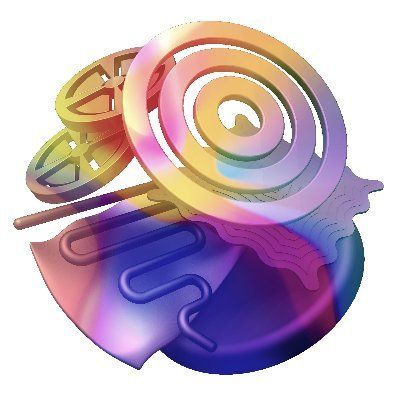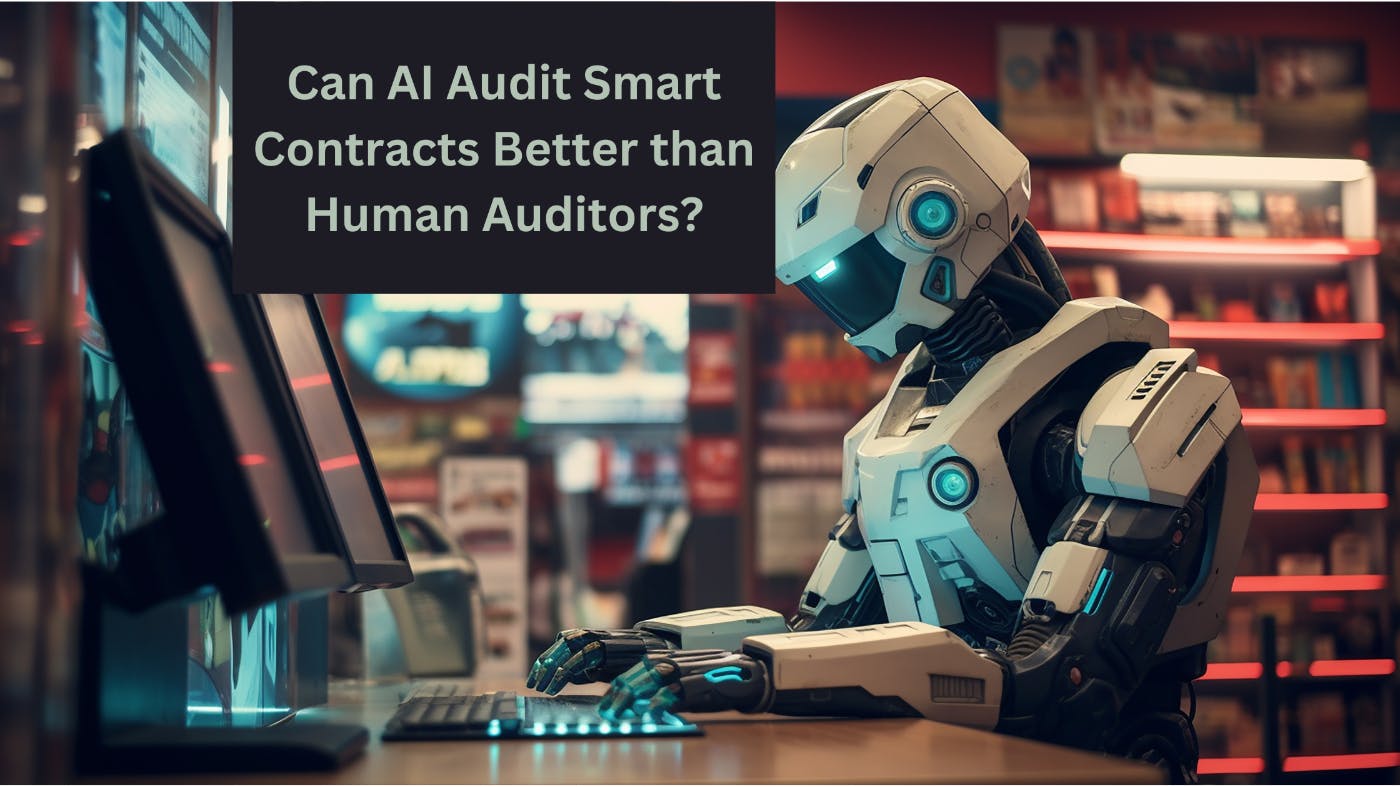Audio Presented by

Bunzz is the world's first platform that allows software developers and businesses to develop DApps with no code
Story's Credibility





About Author
Bunzz is the world's first platform that allows software developers and businesses to develop DApps with no code
